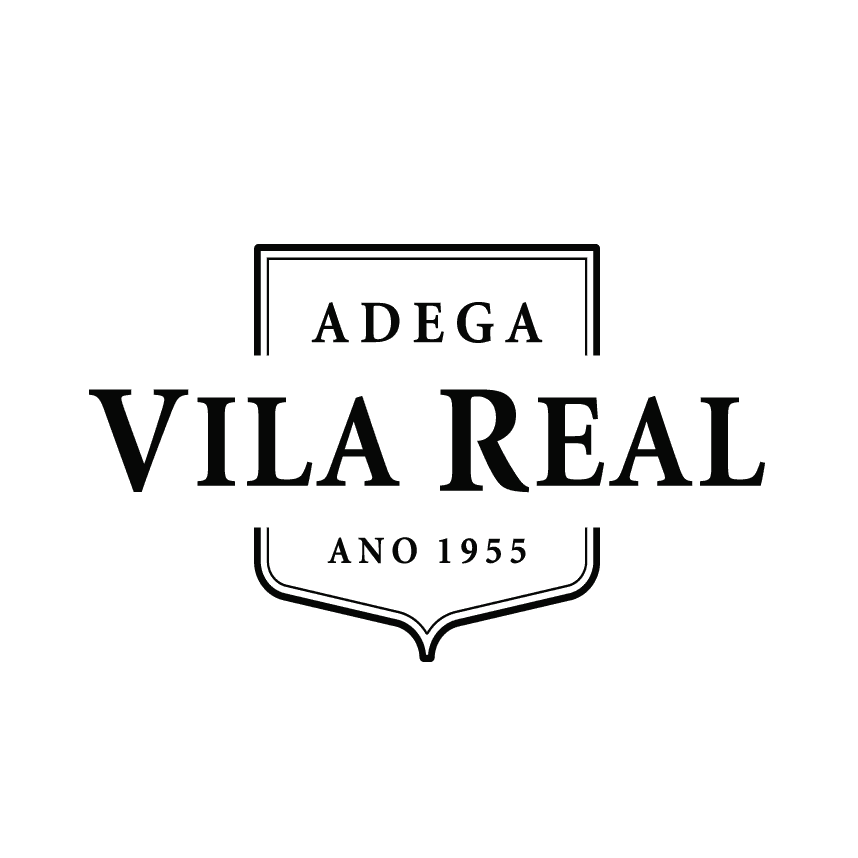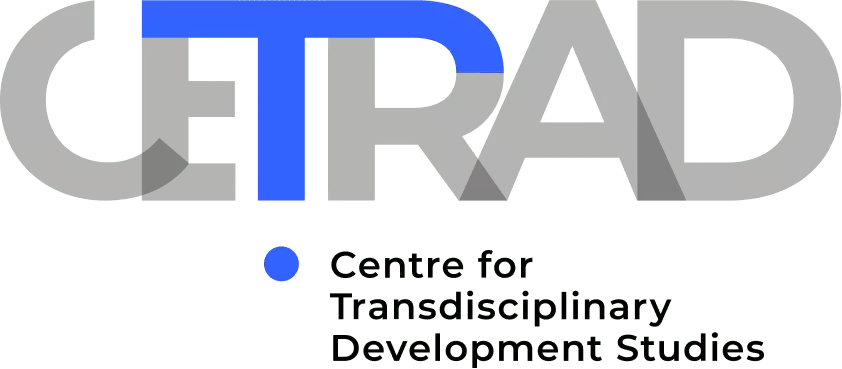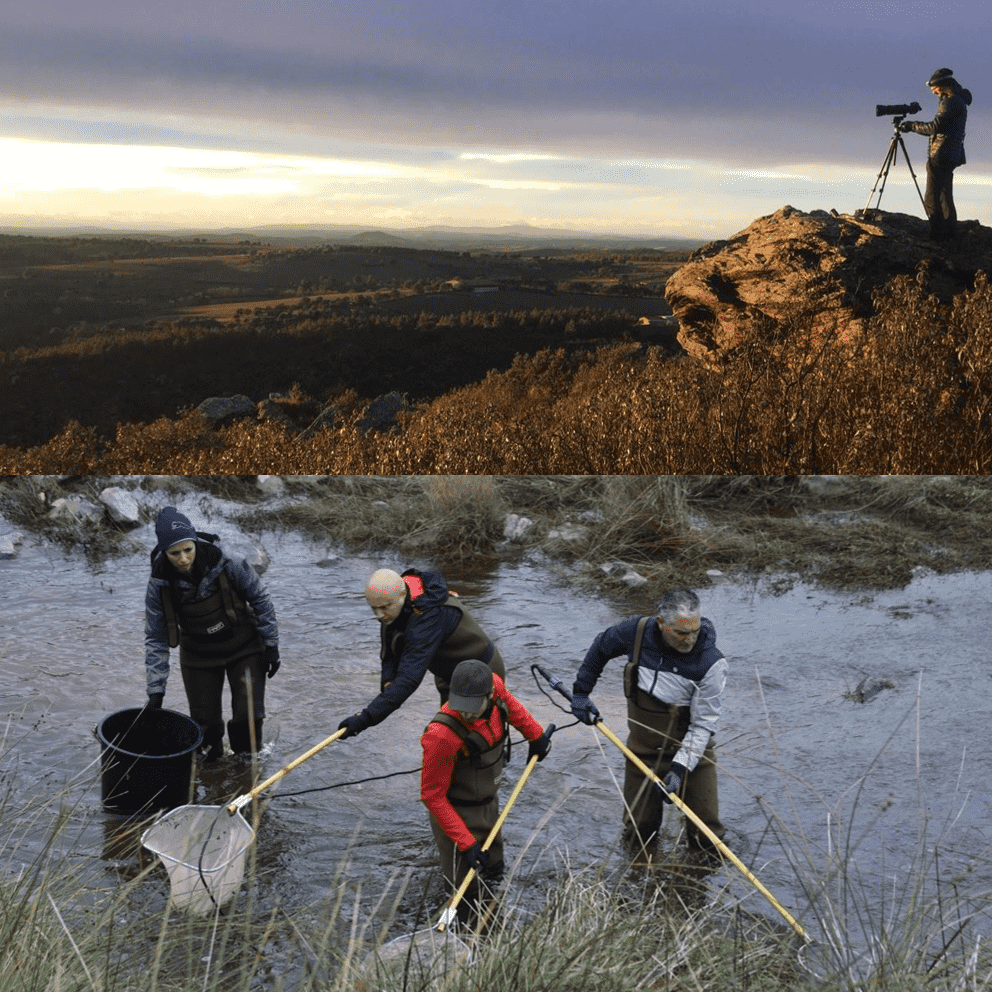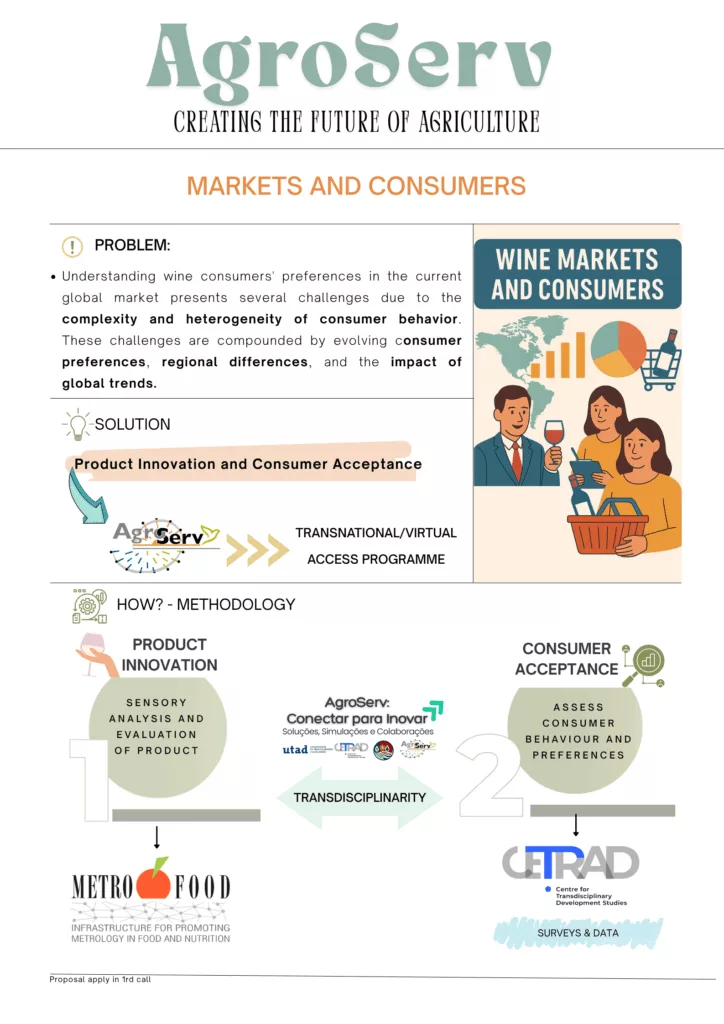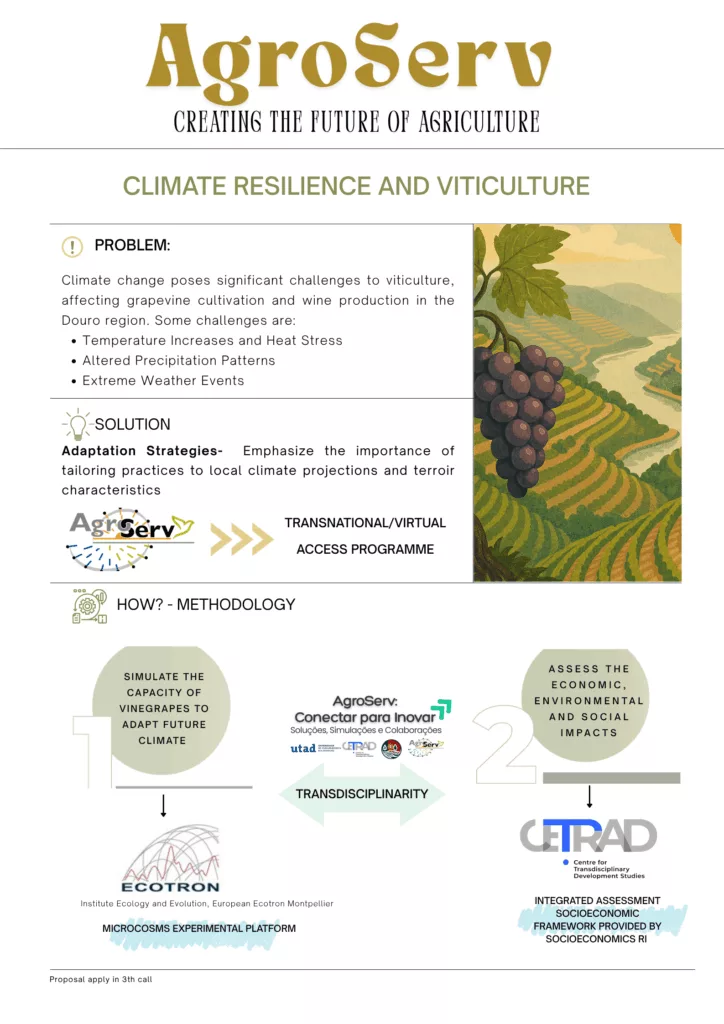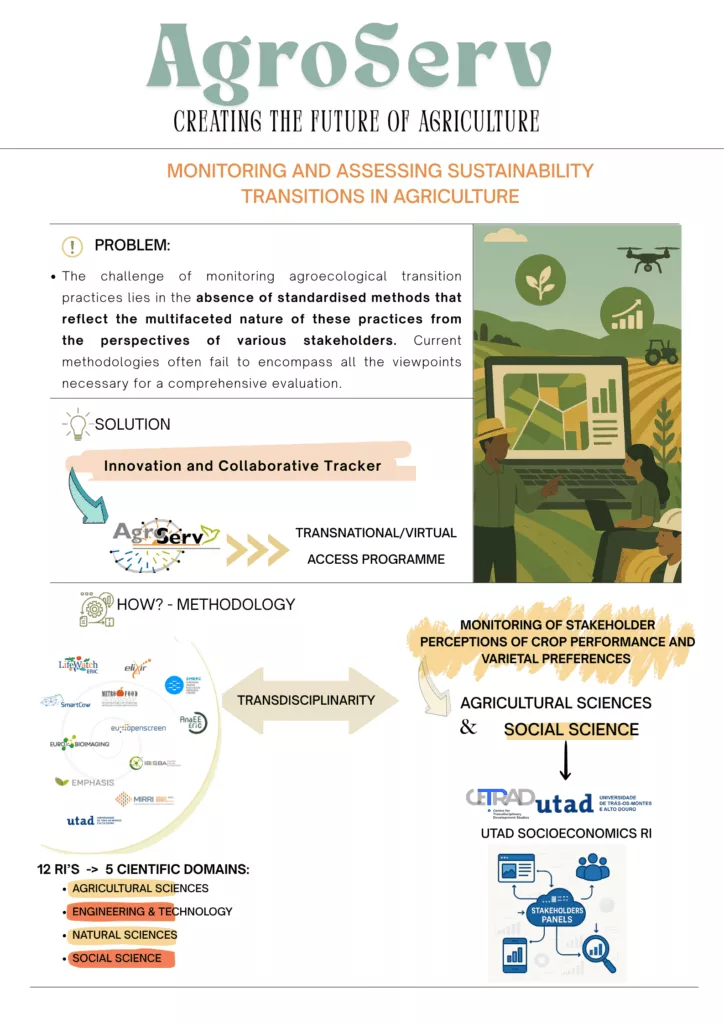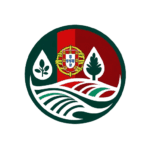
The DOURO SOCIO-ECOLOGICAL LIVING LAB
Co-create socio-ecological services to tackle the challenges of agroecological transitions
The Douro SocioEcoLL at UTAD is an innovative virtual environment that catalyzes the agroecological transition and co-creation within the Douro Region. This initiative is a collaboration between UTAD’s research centers, CETRAD and CITAB, and is powered by AgroServ, an EU-funded project under the Horizon Europe program dedicated to elevating agricultural research and agroecology from 2022 to 2027.
The Douro SocioEcoLL has a multi-centered approach, providing research services and methodologies designed for practical application in the Douro region. It operates through a network of four demonstrator labs, each equipped with specialized infrastructures to foster socioeconomic, transdisciplinary, and participatory research involving regional stakeholders. This setup allows the DoLL to act as a demonstrator for the development of tailored solutions that address the unique socio-economic challenges of agroecological transitions in the Mediterranean.
Join our transnational Living Lab platform within the AgroServ Research Consortium! Collaborate with researchers and other stakeholders to co-create agroecological solutions. Share expertise, ideas, and initiatives to drive meaningful change.
Living Labs are an increasingly popular approach. A LL is a physical or virtual space in which to solve societal challenges (Hossain et al. 2019). LL growing popularity in academia:
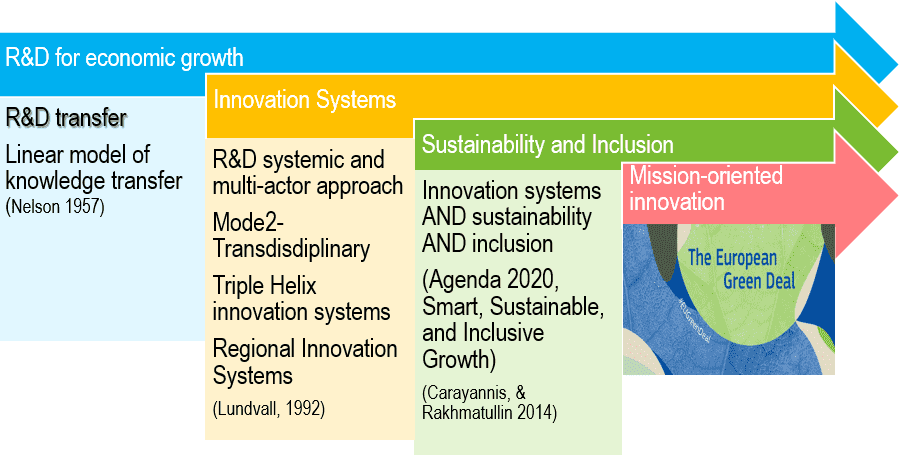
Sorce: Revisiting Schot, J. & Steinmueller, W.E (2018). Three frames for innovation policy: R&D, systems of innovation and transformative change. Research Policy 47, 1554-1567
Living labs are real-life test and experimentation environments that foster co-creation and open innovation among actors of the Quadruple Helix Model: Citizen, Government, Academia, and Industry. (Sorce: ENoLL)
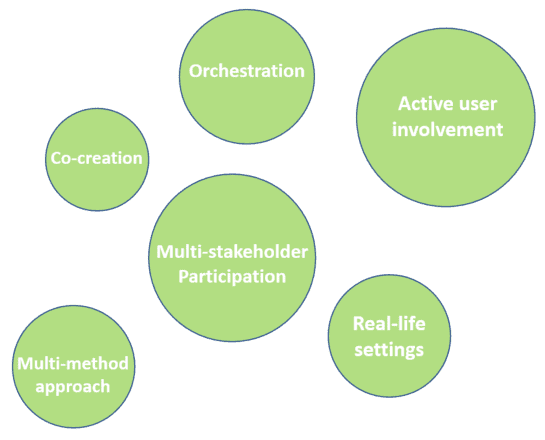
They focus on co-creation, rapid prototyping & testing and scaling up innovations & businesses, providing (different types of) joint value to the involved stakeholders.
In this context, living labs operate as intermediaries/orchestrators among citizens, research organizations, companies and government agencies/levels.
Living labs have common characteristics, but multiple different implementations.
Living Labs: Typology
LL employ a three-layer model: Macro, meso and micro
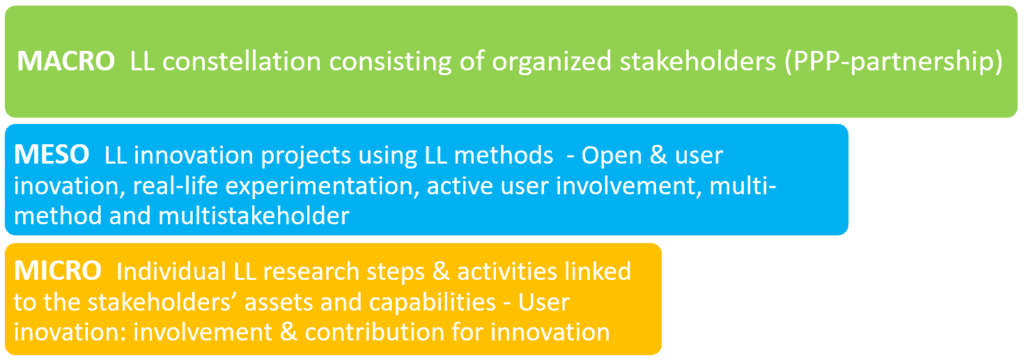
Living Labs – Roadmap
Integrative process – Design thinking
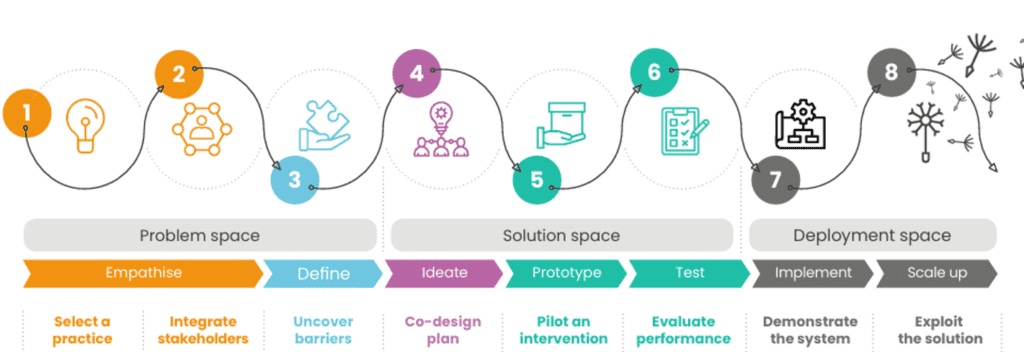
*Sorce: ENoLL (Adapted from Mastelic, 2019)
The Douro SocioEcoLL was set up as one of AgroServ’s living labs (LL). The AgroServ MED (Mediterranean) Living Labs encompass 3 Living Labs distributed in Portugal, France, and Italy.
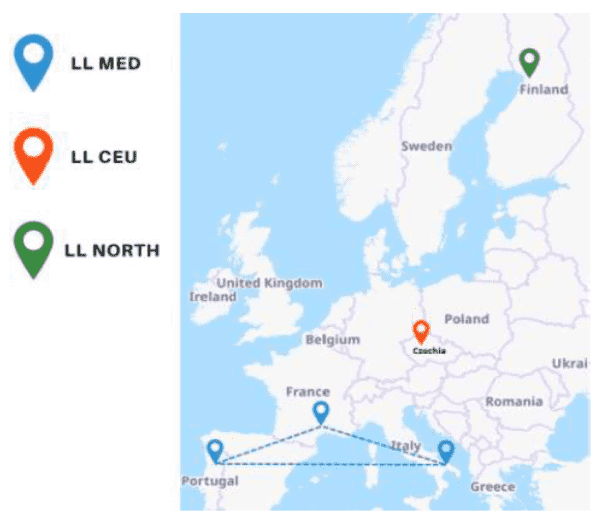
The AgroServ MED LLs aims to develop strategies for the conservation of the Mediterranean’s natural resources. The MED LLs focus on promoting sustainable and resilient agri-food systems, the 3 LLs share principles and work to support each others’ development, but are tailored to the unique contexts of each region.
AgroServ is a EU-funded project (2022-27) that aims to advance research and innovation in agriculture and agroecology. It addresses challenges like sustainable food production, climate change, and biodiversity. The project involves 73 partners and a catalog offering 143 research services, facilitating collaboration among farmers, industry, and policymakers. Hosted under the Horizon Europe program.
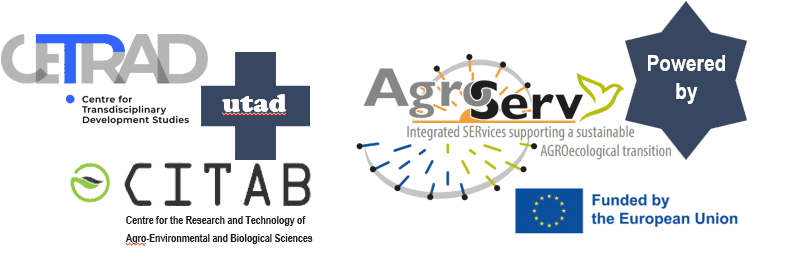
The Douro SocioEcoLL was set up as a MESO-level, multi-centered, transnational living lab that forms an integral part of UTAD’s AgroServ Research Infrastructure (RI). The UTAD RI focuses on the creation, transmission, and dissemination of culture, knowledge, and science by integrating education, research, and experimental development. With extensive expertise in co-experimentation and co-innovation.
The Douro SocioEcoLL collaborates with agricultural and agrifood stakeholders across various sectors in the Douro region. One of its key strengths is the approach to developing technological, organizational, and socio-ecological solutions and innovations, providing added value to the region.
Demonstrator Based
The Douro SocioEcoLL operates as a demonstrator-based living lab, showcasing its role as a Research Services Provider by developing customized solutions that tackle the specific socio-economic challenges associated with agroecological transitions in the Mediterranean. The services offered are characterized by their socioeconomic, transdisciplinary, participatory, and multi-stakeholder approaches. These services include:
- Survey Design: Crafting, testing, and implementing surveys to collect pertinent data.
- Cognitive Mapping: Employing visual tools to understand and interpret stakeholder perspectives.
- Multi-Stakeholder Panels: Organizing discussions and panels to capture a wide range of insights.
- Integrated Assessment: Conducting comprehensive evaluations to analyze socioecological trade-offs in agroecological transitions.
This framework ensures a holistic approach to addressing the complex dynamics of sustainable agricultural development. As part of its academic contribution to the literature, the DoLL aims to co-develop and implement methodologies for the implementation of these services, enriching the field of applied methodology.
The Douro SocioEcoLL functions as a demonstrator-based living lab to develop tailored solutions for socio-economic challenges linked to Mediterranean agroecological transitions at the Douro Region.
Stakeholders are encouraged to join the Douro SocioEcoLL to access and utilize its resources, including innovative methodologies and technologies to enhance their initiatives. Our experts specialize in diverse fields such as data processing, biostatistics, plant physiology, robotics, and more.
Learn more about our 4 Demonstrator Labs:

This smart living lab focuses on empowering citizens, businesses, researchers, and institutions with contextualized, usable and accessible data, knowledge, and tools to facilitate informed decision-making at the local level.
Data-sourced to enable the development of information about place-based and micro-scale dynamics to incorporate decision-making support systems. Visit Data4LowDensity
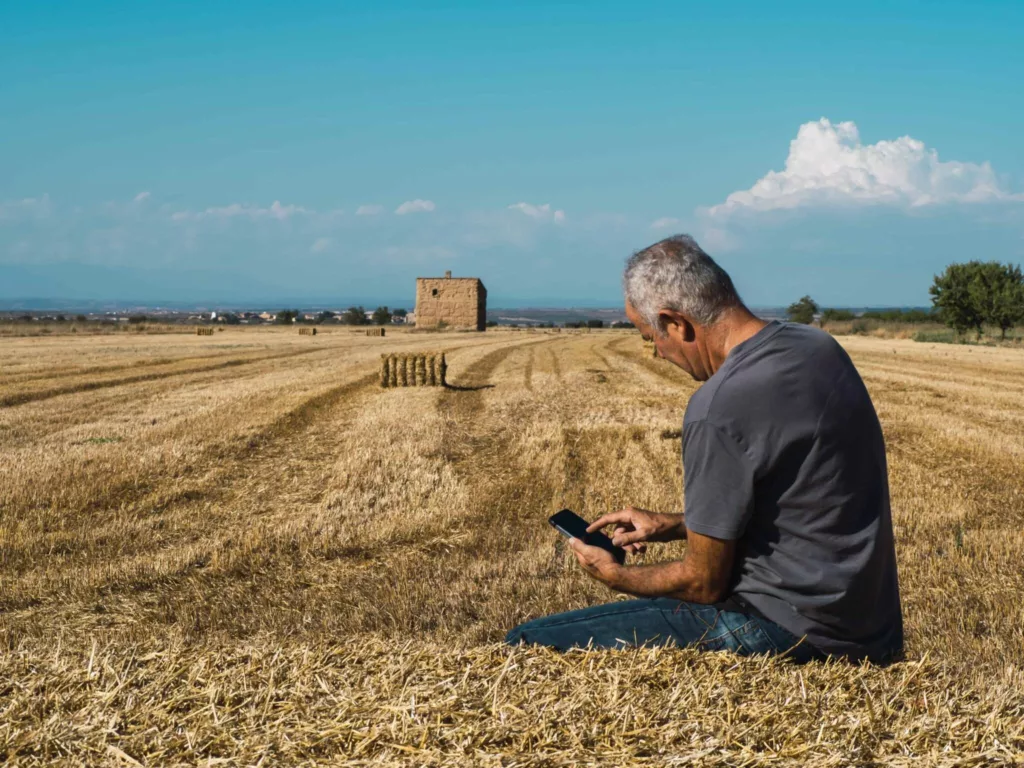
The Laboratory of Fluvial and Terrestrial Ecology (LEFT) is a Service Provider Unit whose foundation resulted from the fusion of the Fluvial Ecology and Applied Ecology laboratories, previously operating at UTAD. LEFT’s mission is to contribute to applied and innovative scientific knowledge in the areas of Ecology, Conservation Biology and Environment, supporting scientific research that contributes to the advancement of the state of the art, namely in the fields of monitoring river and terrestrial ecosystems, conservation, ecological and environmental assessment, environmental impact studies, environmental audits and inspections, restoration and renaturation of degraded habitats and ecological modelling. The LEFT promotes close connection with partners from the private and public sectors, more than 100 funded projects, involving more than 30 different entities, in order to better adapt research results to stakeholder requests, enhancing the impact on society of the knowledge produced
The Plant Ecophysiology Lab offers excellent facilities for carrying out the physiological monitoring of plants, using several equipment’s necessary to make measurements in field or in laboratory conditions.
•The main goal of this research unit has been to increase yield, quality and sustainability of some crops (namely cherry, chestnut, grapevine, olive and medicinal and aromatic plants)
•Forestry use (pedunculate and cork oaks) species in Mediterranean environment the results can be use to improve adequate plant responses to environmental factors, such as water, light, heat, salinity, heavy metals stresses and viral and fungal diseases.
•Complementarily, new adaptation/mitigation cultural strategies in the context of climate change scenarios are also studied.
Plant Ecophysiology LL
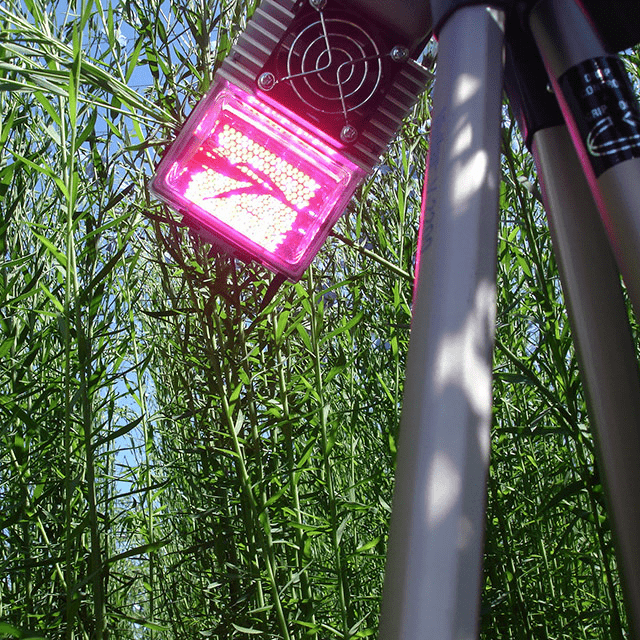
PRISM Lab
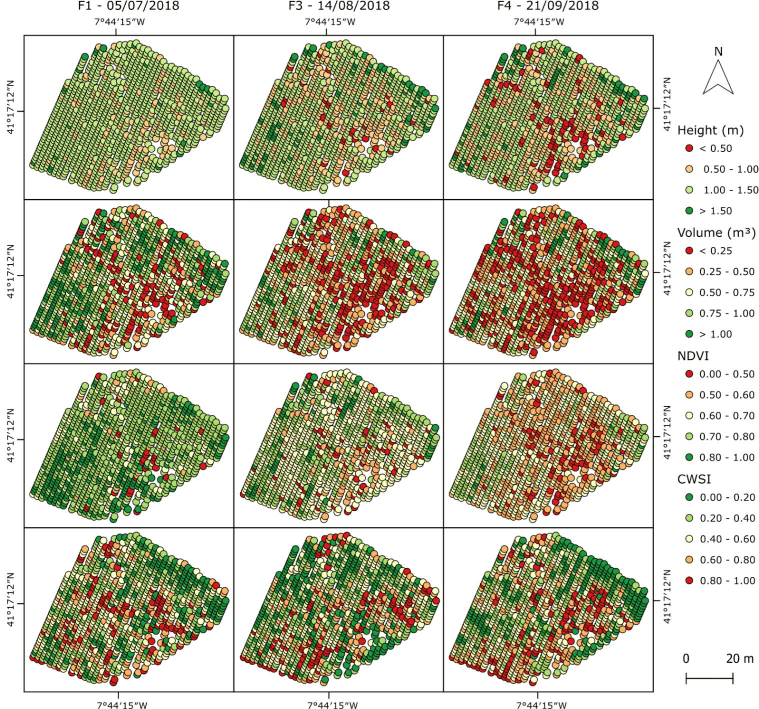
The Precision Remote-sensing and Intelligent Sensing for Agriculture and Forestry Management Lab (PRISM Lab) pioneers research in remote sensing (RS) and geo-information across diverse fields such as agriculture, forestry, water monitoring, land subsidence, structure monitoring, and archaeology.
Bridging pure and applied research, PRISM Lab is dedicated to advancing the understanding, management, and monitoring of natural resources and infrastructures. Our expertise extends to the development and deployment of the mySense IoT web platform, facilitating the integration of IoT sensors in the field for gathering agrometeorological data. By harnessing cutting-edge RS and geospatial technologies, including cloud-based infrastructure for data processing and storage, PRISM Lab delivers expert services and products. Through the utilization of modern machine learning and data science methods, we offer analysis services for model selection, application, validation, and interpretation of RS data, empowering informed decision-making in agricultural and environmental assessments.
Showcasing our pilots
The Douro SocioEcoLL offers a unique opportunity that allows stakeholders to leverage Douro SocioEcoLL & UTAD research infrastructure’s specialized expertise and innovative tools to enhance their initiatives. Find below information about our pilot initiatives.
Adega Cooperativa de Vila Real
Owned by more than 1000 traditional grape growers with more than 1.5 million hectares of vineyards using traditional techniques, this cooperative stands for sustainable farming – hand picked grapes, low mechanization and low crop levels.
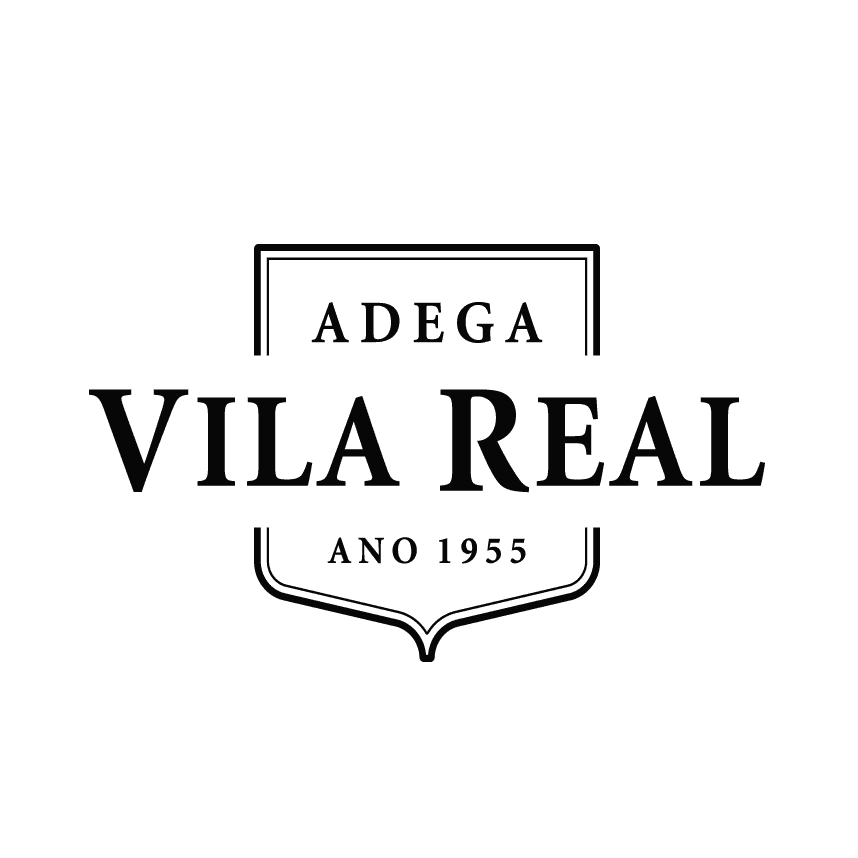

Real Companhia Velha
A mais antiga empresa de vinhos de Portugal, desde 1756 em atividade ininterrupta ao serviço do Vinho do Porto. Berço da produção de Vinho do Porto, a região notabilizou-se em meados do séc. XVIII assumindo a importância que ainda hoje lhe é reconhecida a partir de 10 de setembro de 1756 com a instituição da Companhia Geral da Agricultura das Vinhas do Alto Douro, também denominada Real Companhia Velha.
Partners

